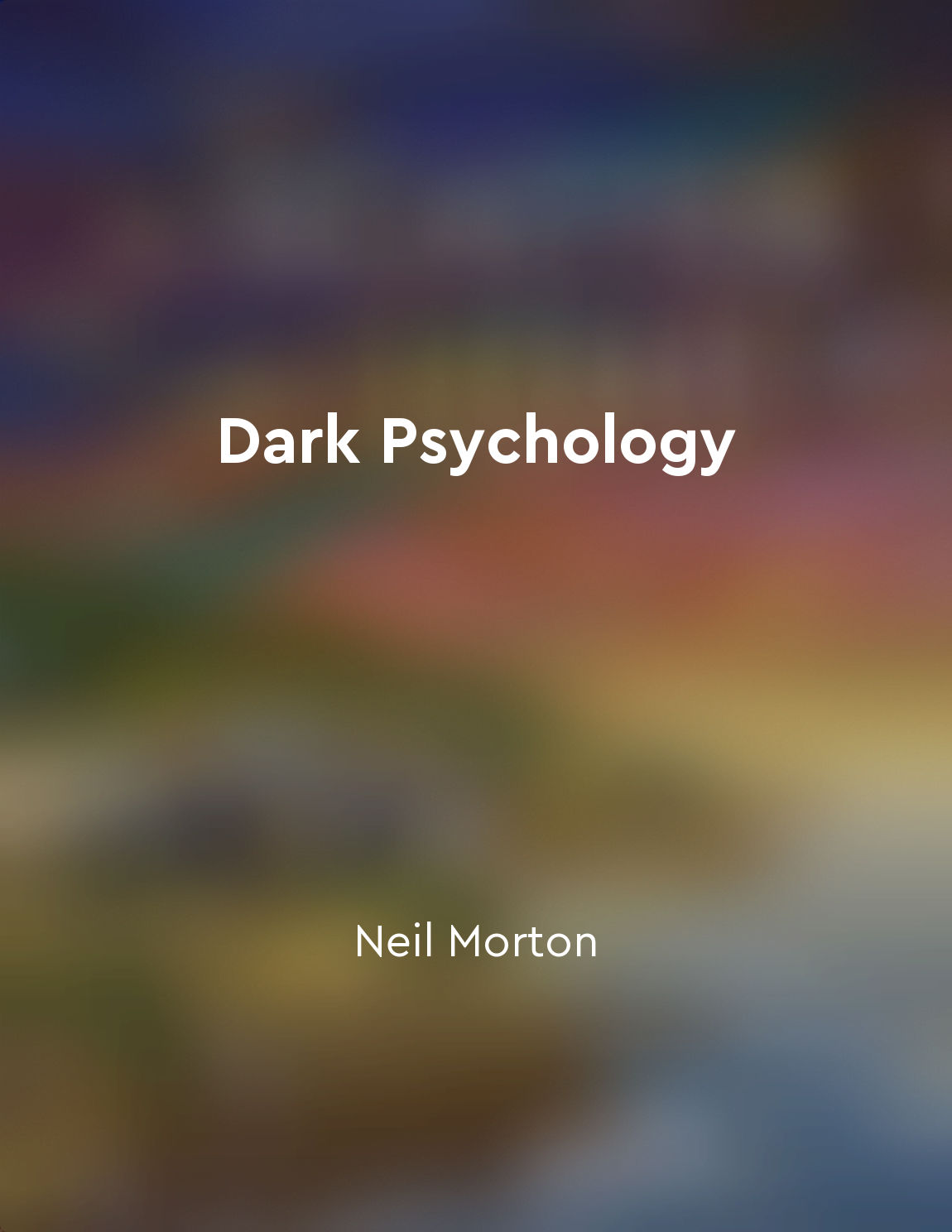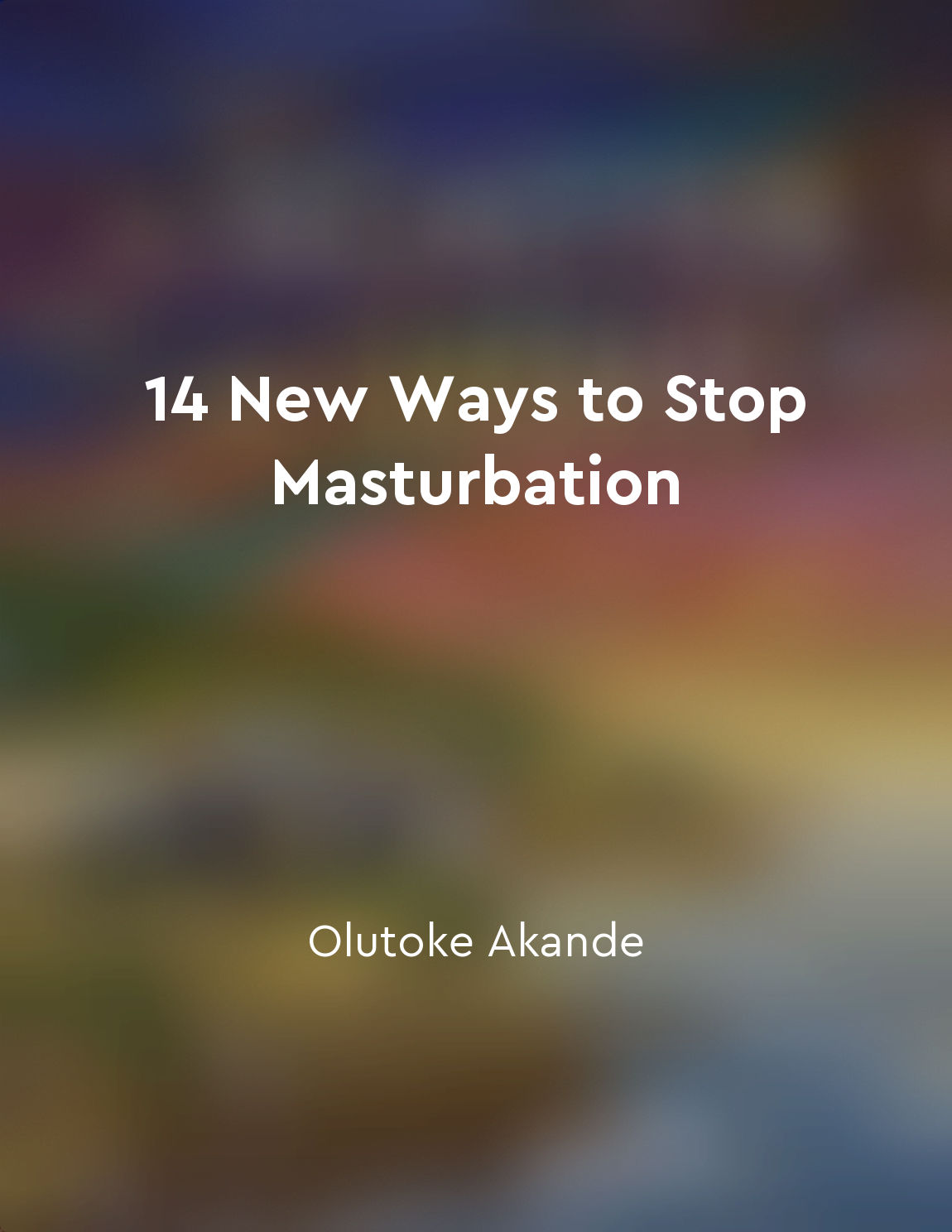Audio available in app
Stigma towards addiction must be eliminated from "summary" of Drug Dealer, MD by Anna Lembke
Stigma towards addiction is a significant barrier to effective treatment and recovery. This stigma often leads to shame and guilt in individuals struggling with addiction, preventing them from seeking help. It can also shape public policy and health care practices, further marginalizing those in need of support. By perpetuating negative stereotypes and judgment, stigma reinforces the idea that addiction is a moral failing rather than a complex medical condition. Eliminating stigma requires a shift in societal attitudes and beliefs about addiction. Instead of viewing individuals with substance use disorders as weak or immoral, we must recognize addiction as a chronic brain disease. This shift in perspective can help reduce the shame and self-blame experienced by those struggling with addiction, allowing them to seek treatment without fear of judgment. Health care providers play a crucial role in challenging stigma towards addiction. By treating individuals with substance use disorders with compassion and understanding, providers can create a safe and supportive environment for recovery. This includes using non-stigmatizing language and providing evidence-based treatment options that prioritize the well-being of the patient. Education is key to combating stigma towards addiction. By raising awareness about the science of addiction and the factors that contribute to substance use disorders, we can dispel myths and misconceptions that perpetuate stigma. This education should start early, in schools and communities, to promote a more empathetic and informed understanding of addiction.- Eliminating stigma towards addiction is essential for creating a more inclusive and effective approach to addressing substance use disorders. By fostering empathy, compassion, and understanding, we can support individuals in their journey towards recovery and break down the barriers that prevent them from seeking help. It is only through a collective effort to challenge stigma that we can truly make progress in the fight against addiction.
Similar Posts

Embracing uncertainty and impermanence
In the swirling chaos of life, we are constantly confronted with uncertainty and impermanence. The ground beneath our feet shif...

Uncovering the tactics of dark psychology
Dark psychology is a realm that thrives on manipulation, control, and deceit. It operates in the shadows, preying on the vulner...

Celebrating the journey towards selfmastery
To truly conquer the habit of masturbation, one must learn to appreciate the process of self-mastery. It is not just about reac...
Finding joy and purpose in everyday moments can bring fulfillment and meaning
In the midst of our busy lives, it can be easy to overlook the simple joys and purposes that fill our everyday moments. The tru...
Willingness is the first step toward change
The idea that willingness is the initial phase in the process of transformation is a fundamental concept in the recovery journe...
Selfcare is essential for recovery
Selfcare is essential for recovery. It is important to understand that recovery from addiction is a complex process that requir...
Learning to forgive
Forgiveness is a muscle that we have to build and flex every day. We have to learn to forgive not only others, but also ourselv...

The benefits of exercise and healthy lifestyle choices
Let's talk about getting off our butts. I know, I know, it's the last thing you want to hear. But here's the deal: exercise is ...
Relapse is a common occurrence in addiction recovery
Addiction treatment is seldom a linear path. It is not a simple matter of making the decision to quit and then holding fast to ...

